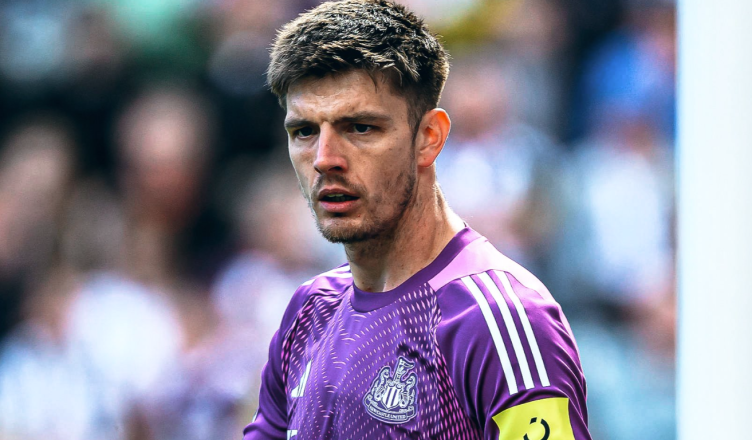Football is set to introduce a handful of new rules for the 2025/26 season, with one having the potential to shake up the game to the same degree as the back pass rule did in 1992.
Starting from 1 July, IFAB amended the rules around Law 12.2 (Indirect free kicks) to state: ‘that if a goalkeeper holds the ball for longer than eight seconds (with the referee using a visual five-second countdown), a corner kick will be awarded to the opposing team (rather than an indirect free kick if a goalkeeper holds the ball for more than six seconds, as per the current Laws)’
Anyone who has watched a game of football knows that ‘keepers are hugely responsible for milking the ‘dark art’ of time wasting’, and the new rule is designed to clamp down on this and speed up the game in general.
The possible effect of the new rule
Strategically, the new rule could be transformative. Goalkeepers will need more efficient distribution techniques under pressure. It may influence teams to reassess their approach to building from the back, especially those with less technically proficient players.
Hesitation or indecision at the back carries the risk of conceding a corner – a much more dangerous set-piece than an indirect free kick – with specialist set piece coaches innovating week after week, it could be a ripe avenue for exploitation by opposition.
The new rule is very likely to be strictly enforced, especially during the early weeks of the season, and, moreover, the pace of the game is likely to increase, and teams will benefit from quicker transitions, something which will require top-quality distribution.
How will this change affect Nick Pope?
This change, trialled at the Club World Cup before its official implementation, could significantly impact United’s current no. 1, perhaps more than any other goalkeeper at a top side in the division. Nick Pope is an excellent shot stopper, commands his area very well, and generally plays sweeper keeper to a highly effective level. His save in the League Cup final was massive at a very dangerous time in the game.
Unfortunately, and I don’t think it’s too controversial to say this, Pope struggles with the ball at his feet, and he has been known to hold onto the ball for a little too long once he has claimed the ball from a cross or an attacking situation.
Once Pope came back into the side following injury last season, there were a few occasions where he seemed to be releasing the ball quicker via a long throw-out and I’m sure this is an area of his game that has been worked on, if not specially in preparation for this rule change but certainly tangentially.
Explaining the dogged attempts to sign Trafford?
For a team like Newcastle then, who have just spent £52m on a right-winger, and are said to also be chasing a right-sided centre-back, a central midfielder and a back-up striker on a limited budget, it would seem strange that the only other player who appears to be close to a move to the club is Burnley’s goalkeeper James Trafford.
Someone in the goalkeeping department could’ve expressed concerns over the current goalkeepers struggling to meet the new demands as the rule will expose weaknesses in decision-making and composure under pressure, traits that were previously less scrutinised due to the leniency of the old, rarely enforced six-second rule.
The deal, despite rumbling on for almost two years now, is widely regarded to be the next signing to walk through the door at St James’ Park (if Ekitike doesn’t come first!), costing the club anywhere between £30-40m.
The new rule change could be responsible for this dogged pursuit of Trafford, and if it is not a major deciding factor, it will certainly be a contributing factor as the club looks to finally buy a goalkeeper of substance and not a PSR cast-off, a dressing gown model or a party planner.


